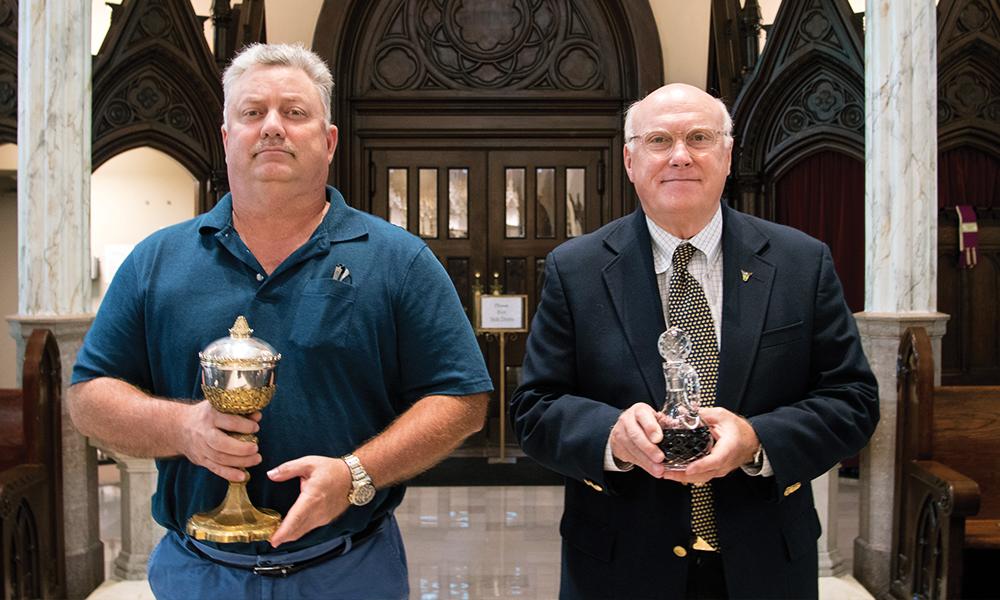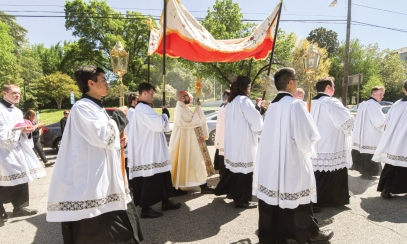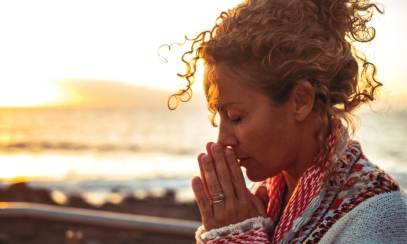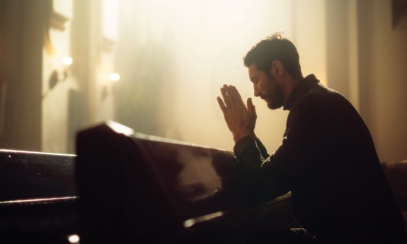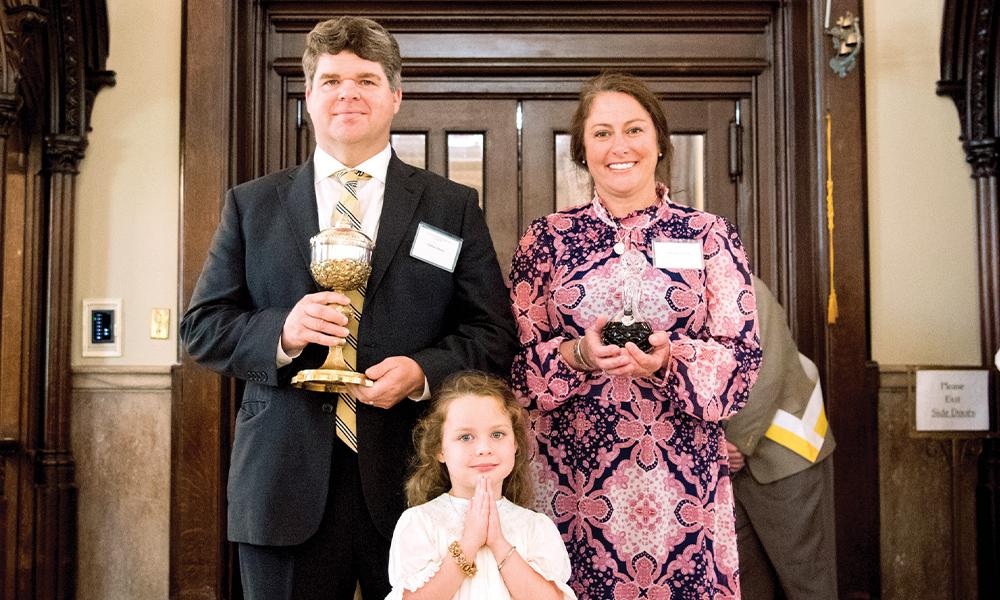
Part 4: The Eucharist
Our Thanksgiving Offering
Our Thanksgiving Offering
We begin to turn our minds to the holiday season as we enter November, and the newness of pumpkin-spice-flavored-everything has waned. This mental preparation involves making travel plans, budgeting and party planning. As strained as the ever-increasing commercialism surrounding this season seems to be — and as much as it secularizes and neutralizes the beauty, richness and spiritual renewal of Advent and Christmas — there are bright spots in our society that we turn to for inspiration.
We begin to turn our minds to the holiday season as we enter November, and the newness of pumpkin-spice-flavored-everything has waned. This mental preparation involves making travel plans, budgeting and party planning. As strained as the ever-increasing commercialism surrounding this season seems to be — and as much as it secularizes and neutralizes the beauty, richness and spiritual renewal of Advent and Christmas — there are bright spots in our society that we turn to for inspiration.
One of these bright spots is Thanksgiving. Last year in this space, we reflected on something that the secular holiday of Thanksgiving illuminates about ourselves — it shows us that as humans we are naturally inclined to give thanks to someone greater than ourselves for all that we have received. Human beings are naturally inclined to worship and, dare we say it, are naturally religious. Now that we are in the process of the Eucharistic Revival, let’s connect with another point we contemplated in that Thanksgiving reflection — our highest form of worship is the Eucharist, and, not accidentally, the word Eucharist literally means thanksgiving.
Jesus is consistent throughout the New Testament passages that either speak explicitly about the Eucharist (like the Last Supper, or institution narratives) or point to events that are eucharistic, such as the stories of the miraculous feedings. He makes the same actions when dealing with bread: takes, blesses or gives thanks, breaks and gives. This is not the biblical writers being thorough in their descriptions of Jesus’ actions. It is clearly formulaic, pointing to the ritual character of his actions. Notice that the action of blessing or giving thanks (eucharistein in Greek) is right in the middle of this series. This formula would not be the same if it was simply taking, breaking and giving — that’s food distribution.
There is something about giving thanks or blessing that acknowledges the divine as part of the equation and making it an act of worship. Thanks and blessing make the act an offering, allowing it to become sacrificial.
So, why is thankfulness fitting in worship? Why do we highlight that aspect of the sacrament, though it has other names, to the point that we call it Eucharist? If we think about it, the gesture of giving thanks underlies every other kind of offering. The offerings we see prescribed for Temple worship in the Old Testament all presume that we have some object to offer God. However, the offering of thanksgiving acknowledges that we only have something to offer God because he has given it to us first.
With this in mind, gratefulness should permeate our individual and communal prayer lives, our liturgical life. We have so much to be thankful for on a purely natural level, including creation and existence itself. We also have much to be thankful for in the supernatural offer of the gift of eternal life in Christ and the sacrifice of the Mass. We are offering the best of what we have as humans — that is the gift of Christ himself. The amazing thing about this offering is that it reveals to us the depth of God’s generosity. When we gratefully offer all that we have to God — that means giving ourselves to God along with the perfect offering of Jesus — he accepts that offering and transforms it into something new. Christ becomes present in a physical, sacramental way, and our lives are changed and transformed as we receive that presence in communion.
We give our simple offerings and Christ does the heavy lifting of bringing about fruitfulness — that is something for which we can truly be thankful.
Michael Martocchio, Ph.D., is the secretary of evangelization and the director of the Office of Catechesis and Christian Initiation. Email him at mmartocchio@charlestondiocese.org. Visit us online for the other articles in this series.

